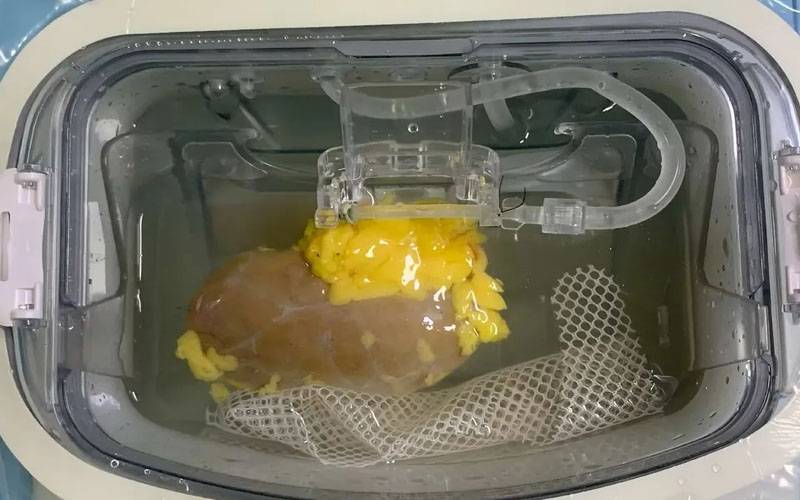Scientists Develop “Universal” Kidney Compatible With All Blood Types
BRITISH COLOMBIA: A major medical breakthrough has emerged in the field of kidney transplantation.
Scientists have successfully developed a “universal” kidney that can be transplanted into any patient, regardless of their blood type — offering new hope to thousands of patients who have been waiting for kidney donations for years.
This achievement is the result of a collaborative effort between Canadian and Chinese researchers. The team took a kidney from a blood group A donor and used special enzymes to convert it into blood group O, which is considered the universal donor.
This transformation means the kidney can be transplanted into recipients of any blood group.
The modified kidney was transplanted into the body of a brain-dead patient with the family’s permission. Remarkably, the kidney functioned normally for several days without any severe immune reactions, demonstrating that kidney transplantation without blood group matching could become possible in the future.
The findings were published in the prestigious scientific journal Nature Biomedical Engineering.
According to Professor Stephen Withers from the University of British Columbia, this is the first time the technique has been successfully tested in a human model. He explained that the experiment provides valuable insights that will help improve long-term transplantation outcomes.
The foundation of this project was laid over a decade ago, when Professor Withers and Dr. Jeya Chandran Kizhakedath began working on removing the sugar molecules that determine blood groups. Applying the same principle to kidney cells led to this revolutionary development.
Experts believe this approach will be particularly beneficial for patients with blood group O, who often wait two to four years longer for a suitable donor. By converting the kidney itself to group O, the need for heavy immunosuppressive drugs will be reduced.
The next step involves regulatory approvals and clinical trials, to be overseen by Avivo Biomedical, a company affiliated with the University of British Columbia.
If these trials succeed, the traditional barriers of blood type compatibility may disappear, reducing waiting times from years to mere months or weeks — potentially saving thousands of lives.


Comments are closed.